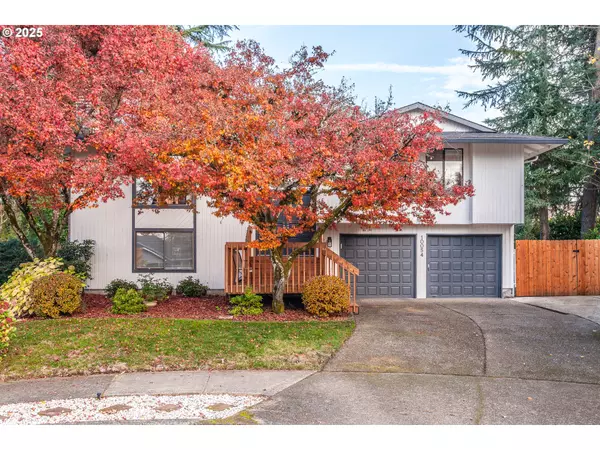FEATURED LISTINGS
- 1/38 384 Beds 2.1 Baths 2,014 SqFt$606,900Price Dropped by $5K
- 1/28 282 Beds 2.1 Baths 1,800 SqFt$637,000Open Sat 11AM-1PM
- 1/47 473 Beds 3 Baths 1,767 SqFt$579,000Open 1/11 2PM-4PM
- 1/44 444 Beds 2.1 Baths 2,182 SqFt$545,000Open 1/11 1PM-3PM
- 1/41 414 Beds 2 Baths 1,864 SqFt$525,000Open 1/11 1PM-3PM
- 1/48 483 Beds 2 Baths 1,840 SqFt$449,000Open 1/11 1PM-3PM
RECENTLY SOLD
Michael Galvin Jr. is a seasoned Broker with REAL Broker LLC and was a dedicated firefighter with an impressive 29-year career! Hailing from the beautiful Oregon City area, he proudly identifies as a "True" Oregonian. Alongside his professional achievements, Michael cherishes his role as a loving husband and father to his amazing wife and daughter.
Michael's journey in the real estate industry commenced at a young age of 18 when he made his first home purchase. This marked the beginning of his venture into property investment and construction, as he founded his own construction company and acquired rental properties. Over the course of 30 years, Michael has been actively involved in buying, selling, and managing a diverse portfolio of rental, vacation, and investment properties. He has demonstrated expertise in complete home restorations, as well as the construction and sale of new homes.
Leveraging his unique blend of professional and personal experiences, Michael brings a progressive and fresh perspective to his clients' real estate needs. With a solid background in customer service cultivated through his firefighting career, he deeply understands the significance of providing exceptional care to his clients. Michael is always readily available to address any real estate inquiries and assist with all aspects of his clients' real estate endeavors.


















